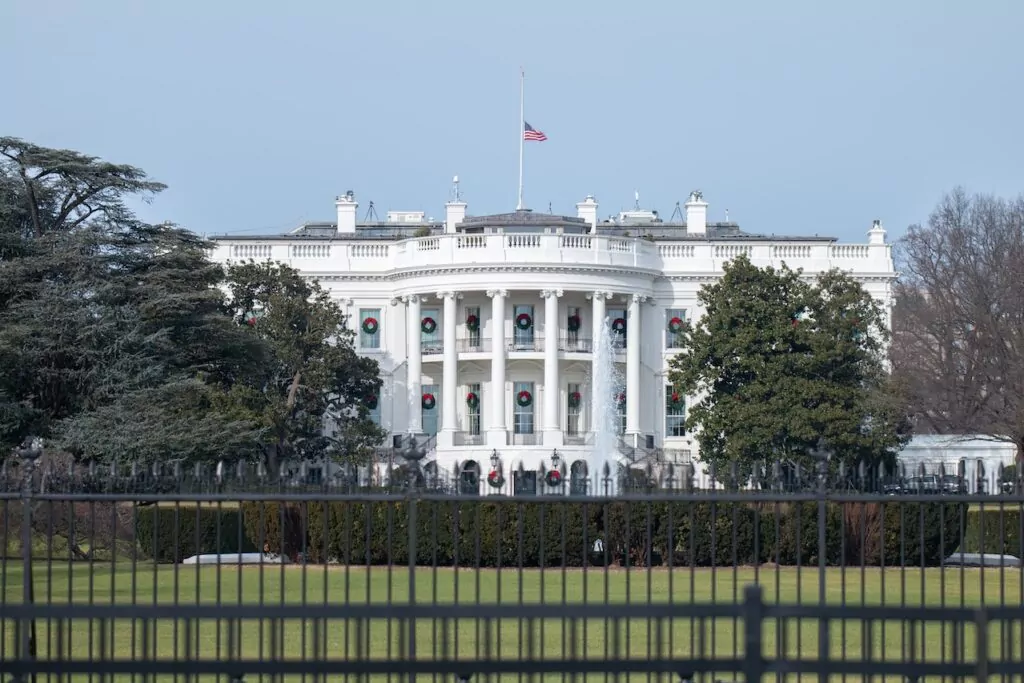Hospice leaders are working with the U.S. Centers for Medicare & Medicaid Services (CMS) to ensure providers get a fair shake when the agency’s forthcoming Special Focus Program (SFP) comes to fruition.
Initially proposed for 2022, the agency opted to delay implementation in response to feedback from hospices and industry organizations. Instead, CMS is convening a Technical Expert Panel (TEP) to further guide the development process.
A key objective of the TEP will be to design an equitable system that accounts for the specific nuances of hospice care and consistency across state lines, according to Ken Albert, president and CEO of Androscoggin Home Healthcare + Hospice. CMS recently appointed Albert to the TEP.
“My No. 1 goal is that whatever methodology the government wants to utilize to evaluate the poor-performing providers is a fair methodology — not only the method, but the metrics,” Albert told Hospice News. “We’re going to be exploring the index score and the [Consumer Assessment of Healthcare Providers and Systems (CAHPS)] scores, and the survey data, and other possibilities.”
If designed similarly to those used in other settings, the SFP would have the power to impose enforcement remedies against hospices with poor performance on regulatory or accreditation surveys. Hospices flagged by the SFP would be surveyed every six months rather than the current three-year cycle.
The program would have the authority to impose fines, suspend reimbursement, appoint temporary management to bring the hospice into compliance, or revoke a provider’s Medicare certification altogether. Any payment suspension would apply only to claims for new patient admissions, and this would remain in effect until CMS is satisfied that the hospice is in compliance.
In most SFPs, enforcement remedies are applied based on factors such as the extent to which the deficiency poses immediate jeopardy to patient health and safety, the degree and duration of deficiency or noncompliance, and the presence of repeat deficiencies.
“The hospice industry has never shied away from the concept of identifying issues in the industry, or anything that we can do to support the high performers that are producing quality clinical results and high satisfaction for Medicare beneficiaries,” Albert said. “That is what we need to do, and so that will be the ultimate goal of the Special Focus Program.”
The SFP was among requirements established by the Consolidated Appropriations Act of 2021. Congress included the hospice language in response to July 2019 reports on hospice quality from the Office of the Inspector General (OIG) at the U.S. Department of Health and Human Services (HHS). CMS expects that implementation of these proposals would cost an estimated $5.5 million annually.
Among the issues that the TEP will be examining, in addition to the overall structure of the program, is how the SFP will compare the performance of hospices in different states.
For example, a hospice may have lower scores than other providers in their state but could rank higher if benchmarked nationally. Variations in the number of hospices in different states can also have an impact.
Hypothetically, depending on how the program is designed, a provider in Rhode Island could be in the lowest 5% of performers in their home state, but could be in the top 15% to 20% if hospices in other regions are included in the comparison.
The TEP will also work on solutions on how providers can get technical assistance within the program, which CMS traditionally doesn’t do.
“The statute for the Special Focus Program does include technical assistance, and that’s going to be a conundrum for CMS because they’re not in the business of providing technical assistance,” Albert told Hospice News. “They’re a regulator, not a consultant. Let’s leverage that technical assistance statute to really be there to support those organizations to better serve the community.”



